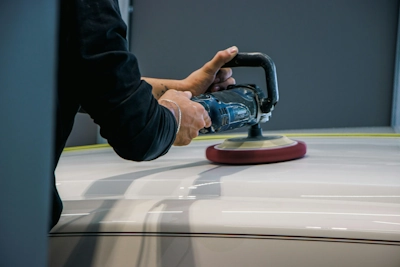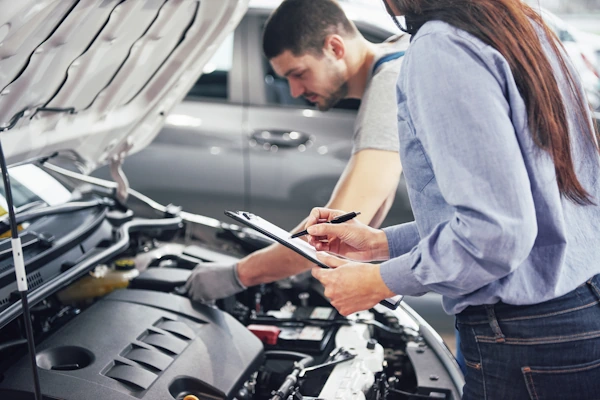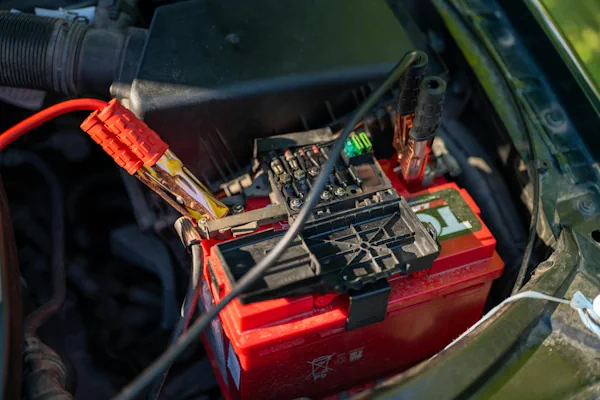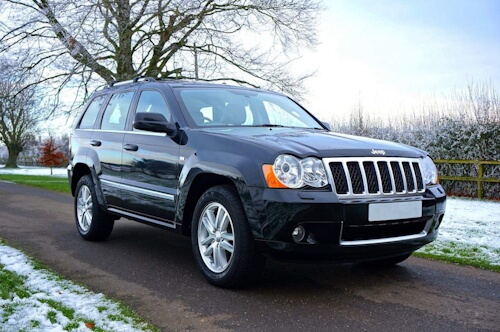With all the talk about cleaner tech and greener ways to get around, you've probably come across the term' electric vehicle' or EV for short. But what is an electric vehicle, really? It's easy to get caught up in all the buzz or assume they're just for tech lovers, but EVs are quickly becoming an everyday option for drivers. Whether you're thinking about making the switch or just curious about how electric vehicles work, this guide breaks it down.
Types of Electric Vehicles Explained
When people first investigate EVs, they are surprised to learn that there are several different types. Understanding the different types makes it easier to choose what's right for their driving needs and lifestyle.
Battery Electric Vehicles (BEVs): These fully electric vehicles run entirely on a rechargeable lithium-ion battery and electric motor. You plug them in to charge them, much like your mobile phone. Popular examples you've seen around include the Tesla Model 3 or Hyundai Ioniq 5.
Plug-in Hybrid Electric Vehicles (PHEVs): These offer the best of both worlds—electric for short trips and petrol for longer ones. You charge them at home or at a public charger, and when the battery runs low, the petrol engine takes over. Examples include the Jeep Wrangler 4xe and the Toyota RAV4 Prime.
Hybrid Electric Vehicles (HEVs): These vehicles don't plug in. Instead, they use regenerative braking to charge up while you're driving. A small electric motor helps out the petrol engine, making the car more fuel efficient overall. Cars like the Toyota Prius or Corolla Hybrid fall into this category.
How Electric Vehicles Work
So, how does an electric vehicle work? Instead of using an internal combustion engine like traditional cars, EVs are powered by an electric motor that draws energy from rechargeable lithium-ion batteries.
When you press the accelerator, power from the battery is sent straight to the motor, which spins the wheels and gets you moving. With no rumbling engine, EVs ensure a far quieter driving experience.
When it comes to charging, it's the same as charging any gadget. Plug it into your EV charger at home overnight or use a public charging station while you're out and about. How long it takes depends on the type of charger. Home setups take several hours, while rapid chargers can boost you in under an hour.
Why More Australians Are Choosing EVs
While Australia is a bit late to the party compared to places like Europe, the last few years have seen a shift in how Aussies think about electric vehicles. Some of the benefits of choosing an EV include:
Lower running costs – Electricity is cheaper than petrol, and EVs have fewer moving parts, so you'll spend less on servicing and maintenance.
A smoother, quieter drive – With no engine noise, EVs offer a quieter driving experience that's hard to beat.
Easy charging – Depending on the type of EV, you won't need to visit petrol stations, and your vehicle can be charged while you sleep.

What to Know Before Making the Switch
Switching over to an EV is exciting, but like with anything new, it's smart to be prepared. For most people, figuring out when and where to charge up is the biggest potential issue.
Charging points are popping up all over the place, especially around city centres and highways, but it's still a good habit to map out your route if you're going on a long trip. Installing a home EV charger makes life a whole lot easier, too. Plug your car in overnight, and it'll be fully charged by morning.
You'll also want to familiarise yourself with how far your EV can go on a single charge. Most newer models can handle your daily commute or a trip out of town, but it's worth getting to know your car's range.
And don't forget about the tyres. EVs are heavier due to their large battery packs, which puts more pressure on the tyres. EVs often need special tyres designed to handle the weight, as regular tyres can wear out far quicker, especially with EV's quick acceleration.
Get EV-Ready with Tyrepower’s Expert Services
If you're already driving electric or just starting to look into it, you can count on Tyrepower. With over 300 stores across Australia, we know precisely what EVs need to keep them running smoothly, safely, and reliably.
We stock a wide range of tyres suited explicitly for electric vehicles: quiet, durable, and designed to handle the unique demands of EVs. Find your nearest Tyrepower store to discuss your electric vehicle.

























